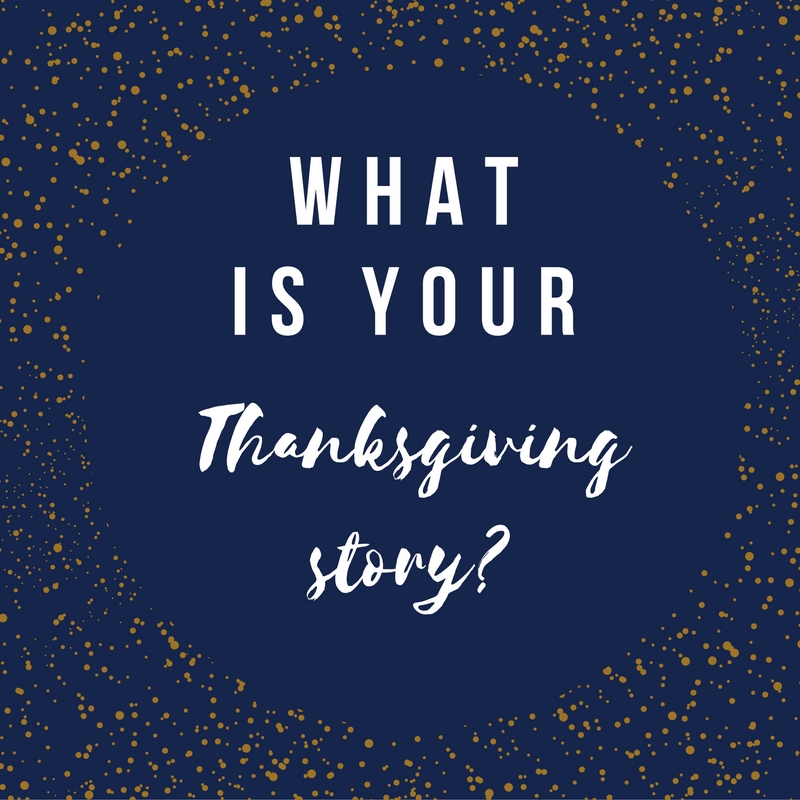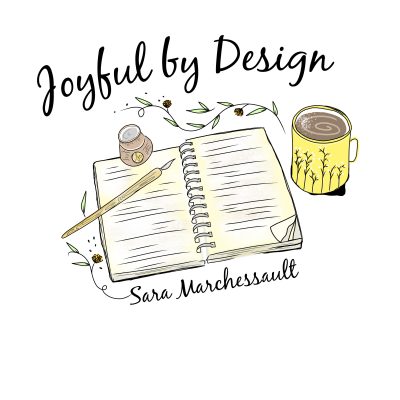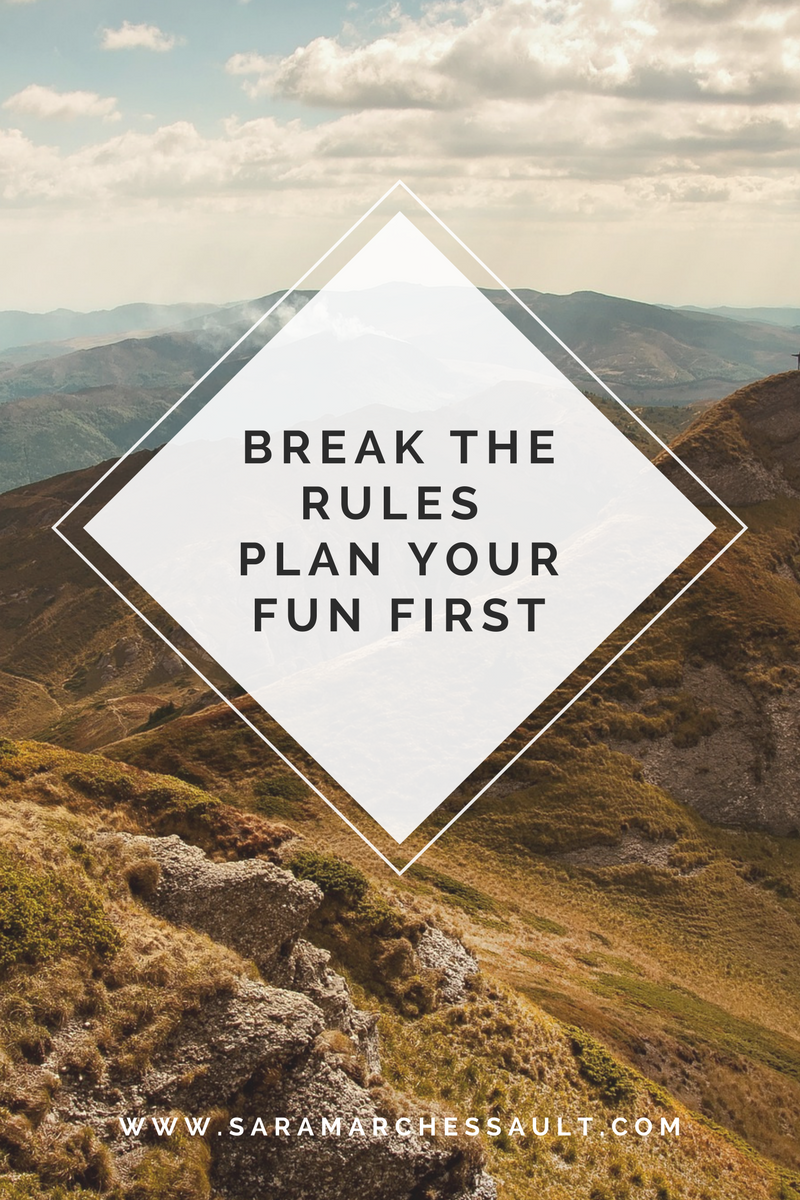What’s your Thanksgiving story?

by Sara Marchessault
*Note: This was originally published November 2013. A few edits have been made.
We’ve had an interesting discussion at our house in the last few days. It’s gone like this:
Brian: Let’s do something different for Thanksgiving this year.
Me: Different as in…
Brian: Let’s do Beef Wellington or something cool like that. We don’t have to have turkey.
Me, after gasping for breath and trying to wrap my head around my suddenly un-American sounding husband: What? You mean you don’t want turkey?
Brian: We just had turkey with your family two days ago [totally true statement] and it would be fun to do something different since it’s just us and your brother.
And freeze right there mister. The number of people does not matter. Who the lovely people are that we eat with does not matter.
What does matter is that we eat our turkey, perfectly roasted to perfection I might add, along with all the fixings, and spend the majority of the day lounging around and being together. That’s what the Pilgrims did, right?
This prompted a quick Google search revealing that pretty much everything we have been taught about how Thanksgiving started is a lie.
Okay, lie is a little harsh.
They are untruths told by different people over time that all probably had a damn good reason for making up stories.
Those stories have been passed down through generations and we still use them today. My own kids are learning about the Pilgrims and the Indians at preschool (yes, they say Indians and last year they sent home a letter with an explanation for this blatant lack of PC – I’m over it now) complete with feathered headbands and buckles on hats.
And yet the Pilgrims didn’t wear those buckles. It’s a costume addition that was made years later by an artist. Apparently the buckles represent quaintness, which is why Santa Claus has one too.
The Pilgrims didn’t have mashed potatoes. They did not have cheesy corn casserole. Nor did they have cranberry sauce. There is uncertainty about whether they had turkey at Thanksgiving, although records show they were used to eating turkey.
No, the only food we know for sure they had was deer. Good old venison.
So, how did this happen, that we have all of these ideas and traditions about Thanksgiving that turn out to be untrue?
Story-telling. An idea is sparked at some point in time and is passed down.
The power of story-telling is significant and has been for a long time. The change between 2014 and the actual first Thanksgiving (debate includes Texas 1598, Virginia 1619, Plymouth 1620ish) is that we have access to lots more information that can either prove of disprove the truth of a story.
It doesn’t change though, that we heard the story. It doesn’t alter that the story made us feel good and encouraged us to celebrate a feast of Thanksgiving in the years to come.
What does matter is that someone took the time to tell it. Then to tell it again. And eventually to write it down. That’s how things last. That is how stories become legends.
I might not go so far as to say that a story I tell today will become a “legend,” in the sense that lots of people know it. But I do know the traditions we create with our loved ones become family legends.
They are unique and a part of who we are as a family unit. The story of the first Thanksgiving is a nice story (I know. Conveniently it leaves out the reality of the conflict between Native Americans and white settlers. I know when the kids are a little older we’ll talk with them about that piece of our history; explaining the dark side of humanity is always a challenge. The shining light will be that for the first Thanksgiving a group of forward thinking individuals came together in the name of peace and gratitude). Today, Thanksgiving is about giving thanks with family and friends. Whether the story is entirely true or not, it makes us feel good and most of us today still love Thanksgiving.
What do you love about this holiday? Do a little exploration in your journal of what you love about Thanksgivings in the past and what you want your Thanksgiving story to be this year and in the years to come.
What will be the story that you pass down? The legend you create for future generations?
And yes, Brian, we can have Beef Wellington for Thanksgiving, but only if we can have venison too.
Sara Marchessault is a coach, writer, teacher, and mom who helps busy women use journaling to create more space in their life for being productive without feeling overwhelmed. To learn more about Sara and her work in the world, please visit joyfulbydesign.com or saramarchessault.com.
Related Posts
Break the rules and plan your fun first
This year I’ve been slow to start. Each time I started to go down…
3 tips & 7 ideas to get away
There’s a great line at the beginning of the movie Gladiator, when the character…



Leave A Comment